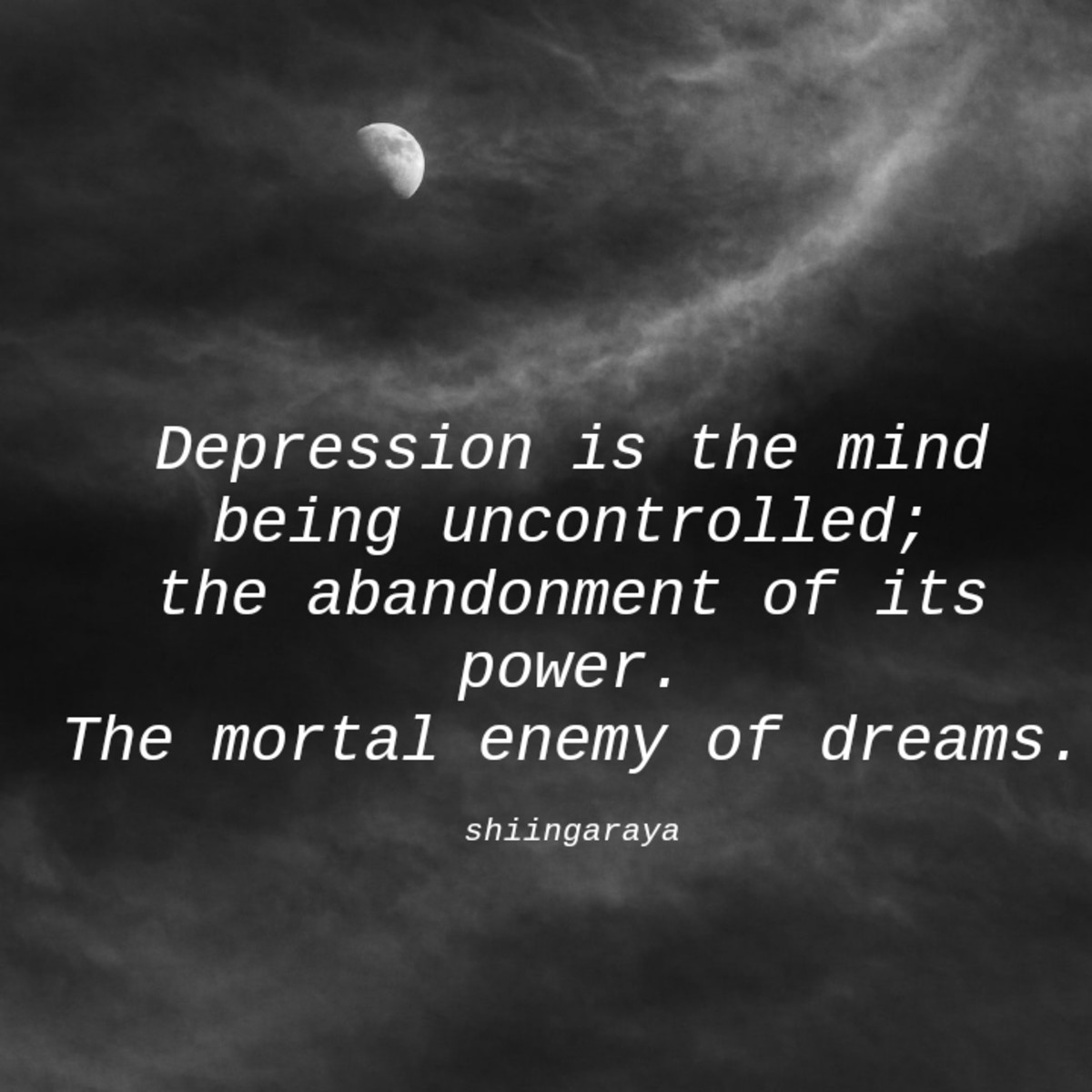How to Move on from a Law Degree without Regret

Deciding Not to Use Your JD
It may hit you in your first semester or in your first post-law-school legal job, and it's scary: the feeling that you absolutely do not want to be a lawyer, and have little to no interest in the law. So what do you do? You've spent three years and around $160,000 obtaining a degree you no longer want to use.
Deciding you want to move on from the legal field may cause feelings of embarrassment, or guilt and self-recrimination at having spent so much money on an outcome you no longer desire.
The decision to let go of your law degree can be an emotional one, but it can be done--and if it's the right choice for you, you will be happier.
Read on for tips on deciding not to use your JD.
Guides for a Career Change
Determining Whether or Not a Legal Career is For You
The first step in moving on from your JD without guilt or regret is determining whether or not the legal field is a good fit for your personality and personal ambitions.
If you haven't yet started a full-time legal job after graduation and are on the fence about practicing law, it might be beneficial to actually try the career out before you give it up. Working in a law firm with a team of other professionals, and seeing your research and hard work directly affect individual clients, is very different from the sterile, academic world of law school and can be very rewarding.
If you are already in a legal job and are miserable, spend some time in self-reflection and think about whether your current position is a bad fit, or whether the law itself is a bad fit. Ask yourself the following questions:
- Do I enjoy intensive writing and research, or do I find it tedious?
- Can I work under frequently high-stress conditions that include tight deadlines?
- How much of a work-life balance do I need?
- Am I comfortable giving recommendations that can deeply affect and alter people's professional and personal lives?
- Do I want a job where the work is constantly changing, or do I prefer a more stable routine?
Where you fall on each of those questions will indicate whether or not law is a good career for you.

Handling Emotions When Leaving the Legal Field
When I decided after a relatively short time that I no longer wished to practice law, I frequently encountered this question, the speaker's tone laced with disbelief: "But you worked so hard for so long--you're just going to give that up?"
There is a judgment in that question--that are you crazy, that you are not willing to work hard, that you wasted three years of your life.
None of that is true. If someone without a law degree leaves a field that makes them unhappy, they are not crazy--so why does a piece of paper make you any different? Furthermore, you can work hard in any field, and the three years you spent pursuing a degree was not wasted--you gained the experiences and knowledge that formed the person you are today, and the analytical and critical thinking skills you developed can be transferred into a variety of positions.
It's natural to feel guilt or shame that you don't want to use your legal degree--many of my friends, as well as myself, have felt or feel the same way. However, making a mistake isn't a life sentence--the earlier you can walk away from it and toward happiness, the better your life will be.
Focus on the positives of what not practicing law can bring--new experiences, more work-life balance, work that does fulfill you--rather than on regrets.
Famous People with Law Degrees
These famous people have law degrees and now work (or worked) in other fields:
- John Grisham
- Gerard Butler
- Jerry Springer
- Gandhi
- Nina and Tim Zagat
- Andrea Bocelli
Dealing with Questions about Why You've Chosen to Leave the Law
Once you've made the decision not to use your JD in the traditional sense, one of the hardest parts will be the reactions of others who don't understand the soul-crushing atmosphere of a law firm.
Controlling your reaction and not being defensive will lead other people to accept your decision, just as you have. To deflect a casual question about why you've chosen to stop practicing, merely say calmly, "Life is short and happiness is important." Then, change the subject.
For a more upset family member or a friend, take some time to explain your decision. (Parents, especially those parents who helped support you through school, may be especially disbelieving.) Ask them if they've noticed how stressed or tired you've been, and explain how your job contributes to those feelings; detail the demands of a law career and how it doesn't fit with your personal ambitions; and stress the need to find happiness and fulfillment for yourself. It's hard to argue with a person's quest for happiness.
It's Okay to Not Practice Law, Even with a JD
Many people receive a JD and don't pursue traditional practice, and it's okay if you're one of them. Personal happiness and fulfillment are much more important than fulfilling standard expectations. If a person receives a master's in philosophy, that person isn't using the degree to sit around debating the great questions of life; and the same goes for many other kinds of degrees.
You don't have to use your JD in a traditional way, or at all. A piece of paper doesn't dictate your career path--you make that choice yourself.









